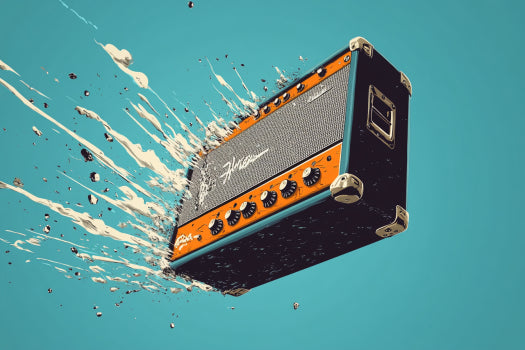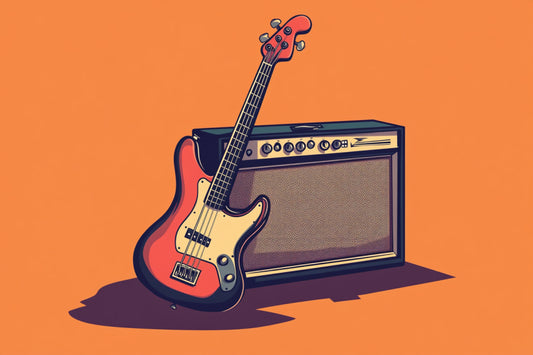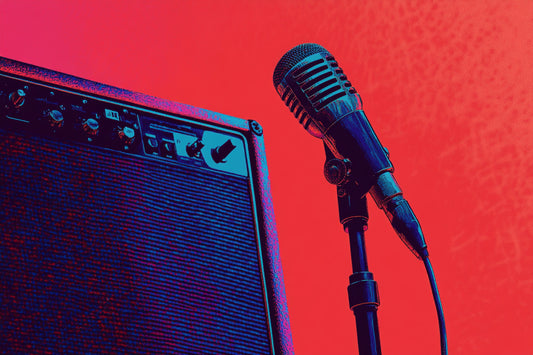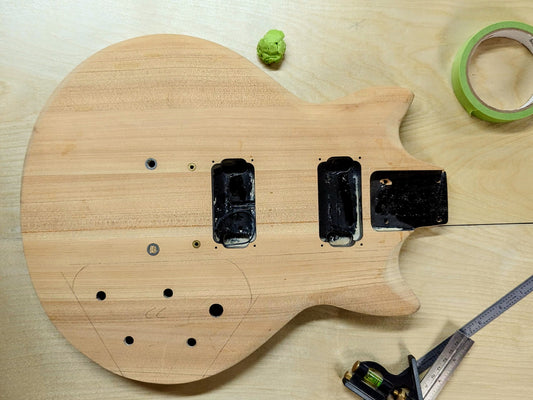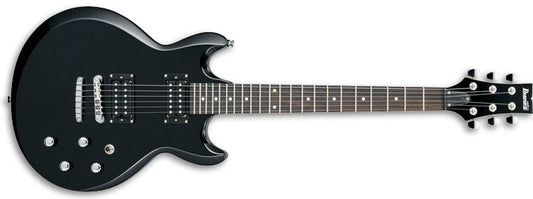
If you’re a guitarist who also dabbles with bass, or a bassist in a pinch with only a guitar amp available, you’ve probably wondered: *Will a bass ruin my guitar amp? The short answer is: It’s possible, but it depends on a few factors. Let’s break down the potential risks, why they exist, and what you can do if you need to use a bass with a guitar amp.
How Guitar Amps Work
Guitar amps are purpose-built to handle the mid-range frequencies that an electric guitar produces. Guitars typically live in the 80 Hz to 1.2 kHz range, with most of their “oomph” centered around the midrange.
Bass guitars, on the other hand, dive much lower into the frequency spectrum, often going down to 40 Hz or even lower, especially with extended-range basses (or if you’re using a 5-string with that low B).
The problem here is that guitar amps aren’t designed to handle these low-end frequencies. They’re optimized for the sweet spots of guitars—meaning that when you start pumping bass frequencies through them, they might not respond well.
The Real Threat: Speakers
When we talk about a bass ruining a guitar amp, what we’re mostly concerned with is the speakers. The speakers in guitar amps are designed for the midrange punch of a guitar, not the deep rumble of a bass. When you run a bass through a guitar amp, the low frequencies can overload the speaker, leading to distortion, rattling, or even blowing out the speaker entirely.
Here’s why: bass frequencies require the speaker cone to move more air, and guitar amp speakers often aren’t built to handle that extra movement. Over time (or very quickly, depending on how loud you play), you could damage the speaker beyond repair.
When Could It Be Okay?
If you’re in a pinch, using a bass with a guitar amp at very low volume—and I mean bedroom level practice volume—might be fine. But don’t expect it to sound great, and definitely don’t crank it up thinking the amp can handle it. Even at low volumes, the strain on the speaker could be an issue over time.
You could also consider using an amp stand to elevate the amp. This won’t save the speaker from damage but can improve sound dispersion and reduce some of the low-end vibrations that reverberate through the floor.
Power and Wattage Concerns
Beyond the speaker, there’s another issue: power. Bass frequencies require more wattage to be amplified cleanly. Most guitar amps are designed with a lower wattage output that works well for the frequencies of a guitar, but bass amps require more power to push those lower tones without distorting. When you use a bass through a guitar amp, you’re asking the amp to work much harder than it’s designed to.
This extra strain on the amp’s circuitry can also lead to overheating or wear and tear on the internal components, especially if the amp isn’t ventilated properly or is already being pushed hard by a loud bass signal.
What You Can Do Instead
While it’s best to use the right tool for the job—i.e., a bass amp for your bass guitar—there are a few alternatives if you’re in a tight spot:
- Still Invest in a bass amp (but a really cheap one): Even a small, low-wattage bass amp will be better equipped to handle the low-end frequencies. Plus, it’ll sound much better than trying to force a guitar amp to do a job it wasn’t designed for.
- Combo Amps: Some amps are designed to handle both guitar and bass. These combo amps are built with speakers and components that can manage a wider range of frequencies, giving you more flexibility if you need to swap between instruments.
- Use a low volume: If you absolutely must use a guitar amp for bass, keep the volume as low as possible to avoid damaging the speaker or amp. And remember, this is only a temporary solution!
- Amp Stand: Elevating the amp using an amp stand can help with sound dispersion and reduce some of the vibrations from low-end frequencies, which may slightly extend the amp’s lifespan.
Conclusion
So, will a bass ruin a guitar amp? It can—especially if you’re pushing a lot of volume and bass through a speaker that isn’t designed for it. While a guitar amp might survive low-volume bass practice in a pinch, it’s not a good long-term solution. If you want to avoid costly repairs or speaker blowouts, it’s worth investing in the right gear: a bass amp that’s built to handle those deep, rumbling tones.Ultimately, the best way to keep your amp (and your tone) in top shape is to use the right equipment for the job.

